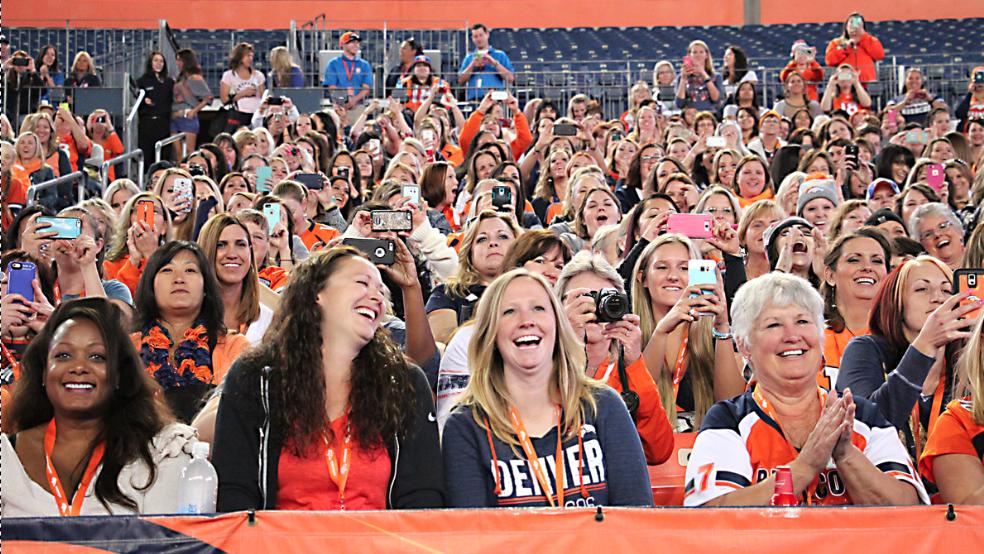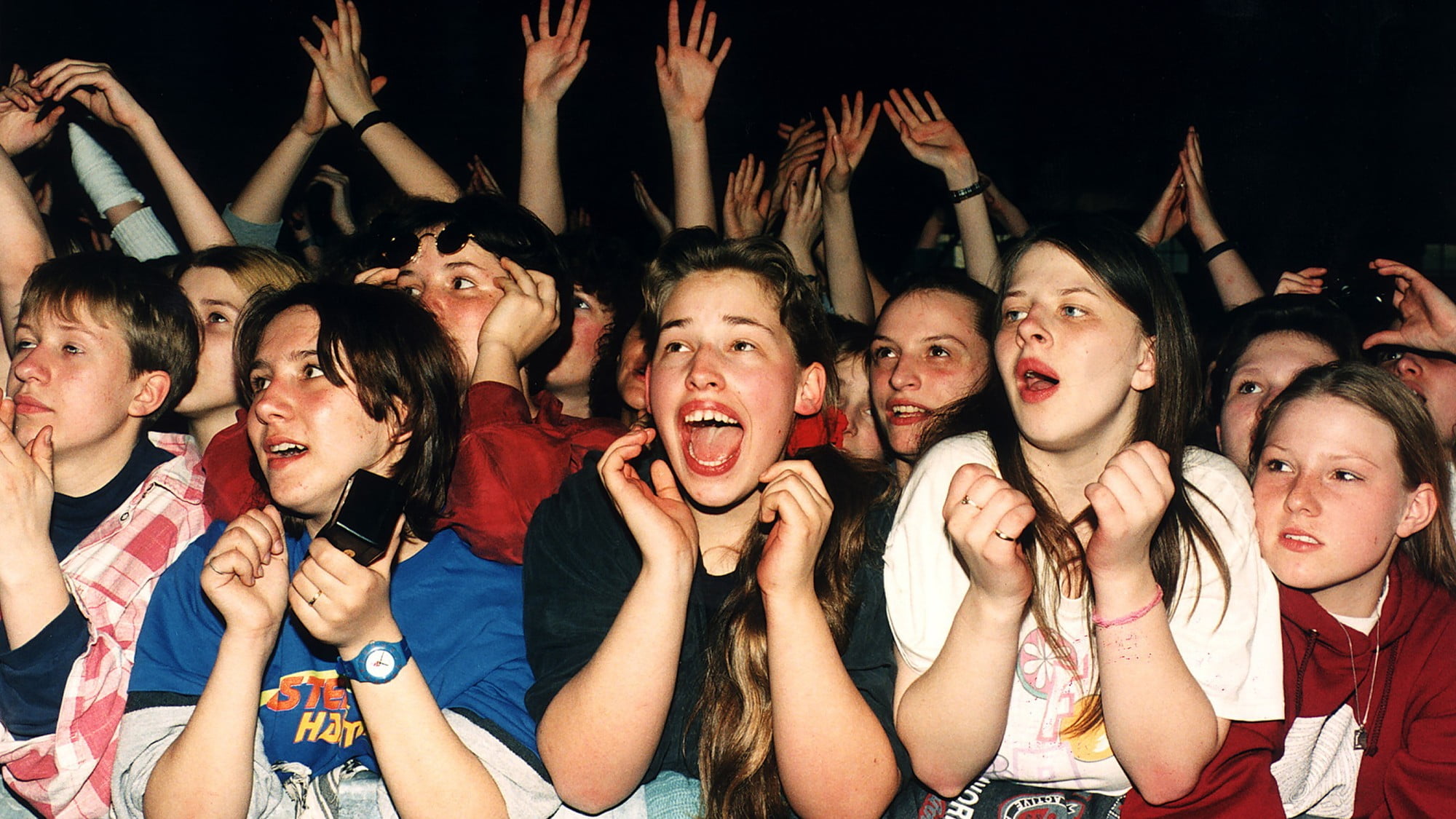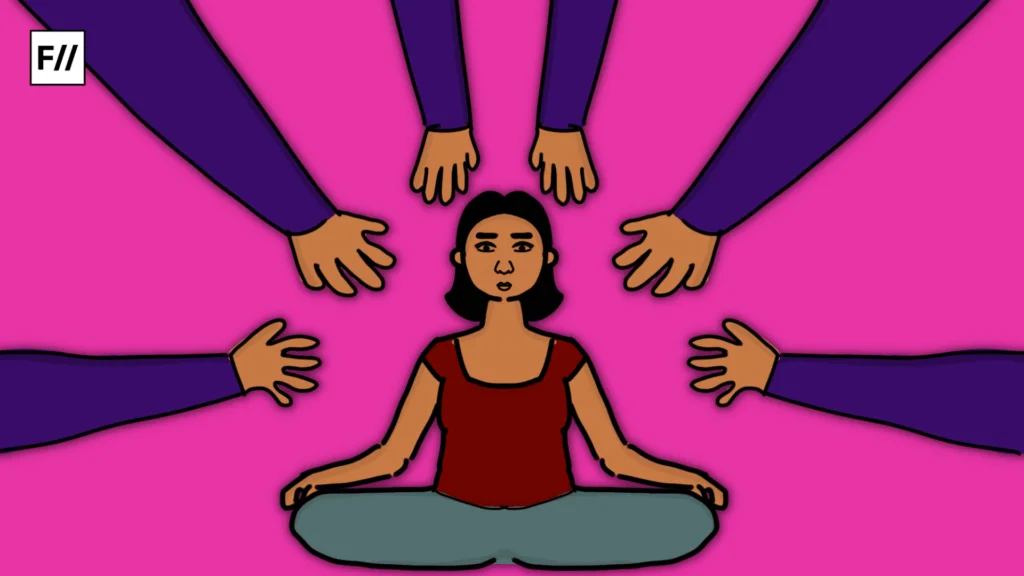Editor’s Note: FII’s #MoodOfTheMonth for November, 2021 is Popular Culture Narratives. We invite submissions on various aspects of pop culture, throughout this month. If you’d like to contribute, kindly email your articles to sukanya@feminisminindia.com
In the 21st Century where there is no dearth of entertainment for our consumption, most of us must have considered ourselves a tiny part of a certain fanbase at some point in our lives. Multiple studies have proven that fandoms created by shared interests of people give a sense of belonging and collective purpose.
In the essay Fandom and the Search for Meaning, Mina Tsay- Vogel and Meghan S. Sanders write that their research “demonstrates that stronger perceived membership and contact with other fans could help strengthen social identity“, and are significant factors “for perceived sense of community, social prestige and self-esteem.” However, one cannot afford to ignore the horrifying extent of misogyny that is pervasive in such fan cultures worldwide, specifically in the domain of sports.
Natalie Elser’s study The Female Sports Fan Experience delves into the systemic marginalisation of women in sports and how this has historically restricted the involvement of women in the area. Another study conducted in Denmark, Female Fans of Men’s Football by G. Pfister, V. Lenneis, and S. Mintert identified that abuse and misogyny result in a decline in female fans. This gendered violence in sports is not limited to fans, as numerous women often have to bear the brunt of such toxic masculinity at home.
When Italy won against England on July 12th 2021, becoming the champions of the UEFA Euro 2020 final, several credible news articles started reiterating the fear of increasing domestic violence against women as a result of the loss. The normalisation of such violence and toxic hypermasculinity in sports like football is further substantiated by the data provided by the National Centre for Domestic Violence (NCDV) of the UK, as per which there is up to 38 per cent increase in domestic abuse when England loses a match.

Furthermore, in the age of social media, the shroud of anonymity is easily accessible to everybody. One of the dangerous downsides to large groups of people being aggressively ‘passionate‘ about their fan cultures, particularly sports like football and cricket, is that the digital space also becomes an extension of the reality where toxic misogyny and abuse run wild.
In the Indian cricket fanbase, blaming women for the losses of men is certainly not new. Actress Anushka Sharma has been on the receiving end of endless online trolling and abuse for years whenever her partner and the Indian Cricket Team captain Virat Kohli performed poorly or lost a match. After India’s defeat against Pakistan in World T20 this year, when Kohli defended his fellow teammate against bigotry, a frightening and violent intersection of hyper-nationalist and hyper masculine fans targeted the cricketer. What followed were rape threats issued to Kohli’s 10-month-old daughter.
The manifestation of toxic masculinity and insecurity is certainly not limited to sports. Fandoms that largely constitute women often become the subject of ridicule. Be it rom-com lovers, or fan armies like the BTS, the trivialisation of interests that mostly concern women is ceaseless. Indian men, often insecure of losing their masculinity if they dare be gentle or expressive cannot fathom why women would prefer men who wear makeup and jewelry
One of the most intriguing characteristics of such toxic fandoms lies in their utter disregard for the well being and autonomy of the star or his loved ones. Simultaneously, these fans have an obsessive desire for the absolution of every flaw of the performer, even if it is a crime allegedly committed by them. The uniting factor between the two qualities often is that it has to be at the expense of women.
Renowned footballer Cristiano Ronaldo, who was accused of an allegation as severe as rape has not lost his massive fan following despite signing a statement where he admitted to having sex with the survivor even after she said ‘no‘ several times. The charges against the footballer were dropped after an out-of-court settlement that ensured the survivor’s silence. Although the case reopened in 2018, it didn’t reach any conclusion.
Therefore, Ronaldo has neither been found guilty nor acquitted of the allegations by the court. Ronaldo’s fandom, however, is replete with undying loyalty and rape apologists, exposing their perpetual misogyny. In a society rigged against women, where talking about sexual assault puts one under unthinkable scrutiny and harassment, these fandoms become one more obstacle that women have to overcome.
Also read: The Trivialisation Of Female Fans: Addressing Gender Stereotypes Around Fandoms

The manifestation of toxic masculinity and insecurity is certainly not limited to sports. Fandoms that largely constitute women often become the subject of ridicule. Be it rom-com lovers, or fan armies like the BTS, the trivialisation of interests that mostly concern women is ceaseless. Indian men, often insecure of losing their masculinity if they dare be gentle or expressive cannot fathom why women would prefer men who wear makeup and jewelry.
Virginia Woolf in her seminal work A Room of One’s Own writes that “Speaking crudely, football and sport are ‘important’; the worship of fashion, the buying of clothes ‘trivial ”. She observes how a critic considers a book important if it deals with a war on a battlefield and not “the feelings of women in a drawing-room”, emphasising that historically masculine desires have always taken precedence
After the K-Pop sensation released Memories 2020, the hashtag BTS Gay started trending on Twitter, once again unveiling people’s misogynistic and homophobic tendencies. Banaras Hindu University Scholar Manvi Tandon posted a Twitter thread explaining why teenage girls and grown women love the famous Korean boy band saying, “Bollywood films for decades have shown us that it’s okay for a partner to be emotionally, mentally, physically, sexually abusive. They [the society] told us that Kabir Singh was just ‘passionate’ and love can and will be hurtful so [one has to] suck it up.”
She continues to say that is where the significance of artists like those in BTS lie. They set an example of what love looks like, what a person ‘loving‘ us must treat us like, what men can and should be to us. Not just romantic love, they set the standard for friendship, for familial relationships with the values they uphold.

Virginia Woolf in her seminal work A Room of One’s Own writes that “Speaking crudely, football and sport are ‘important’; the worship of fashion, the buying of clothes ‘trivial ”. She observes how a critic considers a book important if it deals with a war on a battlefield and not “the feelings of women in a drawing-room”, emphasising that historically masculine desires have always taken precedence.
On that note, one can conclude, perhaps, that a good step toward eradicating misogyny, both in life and popular culture narratives is by acknowledging its ingrained presence and working actively to subvert the structures that perpetuate it.
Also read: Revisiting The False Narrative Of The Oppression Of Cristiano Ronaldo
Poulomi Chandra is currently pursuing her Master’s degree in English Literature from Jamia Millia Islamia, New Delhi. Her research interests are Feminist studies, Media, and Postcolonial studies. She also occasionally loves to scribble poetry when she can’t seem to hold it all in. Other than that, she’s very eager to read anything she can get her hands on when she is not obsessing over spicy food or taking long naps
Featured Image Source: Garage





